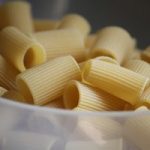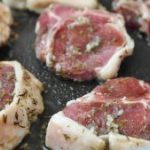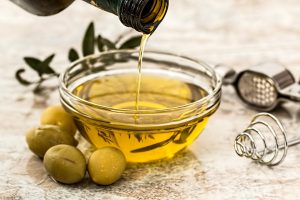An athlete achieves better results if he complies with these three pillars: training, rest and food. The performance of an athlete in competitions depends on these three aspects, so we have to pay attention to each of them.
Importance of sports nutrition
Nutrition, in particular, provides enough energy the body needs to perform an activity, and these foods impact strength, performance, and recovery.
Food is vital for an athlete, because he needs to eat properly to obtain optimal results. Sports nutrition is based on carbohydrates, proteins and fats, in addition to hydration and the intake of vitamins and minerals.

An athlete’s main menu is made up of carbohydrates because it is like gasoline for their body. Like gasoline in a car, carbohydrates fulfill the role of an energy source in a body. They provide the necessary energy in the form of glycogen, this is the body’s main energy fuel.
Bread, pasta or whole wheat bread are carbohydrates that the body assimilates slowly, therefore, they have to be eaten days before and a few hours before a competition or match. If they are not consumed, in a high intensity physical activity the athlete could suffer a physical decline. Finally, after exercise it is necessary to obtain energy from rapidly assimilated carbohydrates to promote glycogen recharge.

Proteins are responsible for building and regenerating tissues, very important in athletes due to wear and tear. Protein-rich foods are proteins of animal origin, such as meat, fish, eggs, dairy, and plant proteins. It is advisable to eat them after workouts or games to regenerate muscles.

Fats are essential, but you have to know what type of fats to take and in what quantity as it can also be dangerous and can affect performance. The fats we need are unsaturated, these are present in vegetable oils. However, the fats to avoid are saturated and hydrogenated.
Keys to a good diet
The most important thing in the diet of an athlete are the meals consumed before and after exercising. Typically, athletes should eat two hours before exercising. But it does not serve just any meal, it must be rich in carbohydrates, low in fat and moderate in protein. As we have said before, carbohydrates are the source that provides energy, and protein helps muscle growth and repair. Once the physical activity is over, it is necessary to ingest proteins to replace the carbohydrates lost during exercise.
